— Ostomy Care & Support
Comprehensive Ostomy Care in Longwood, Central Florida
Living with an ostomy can be challenging, but you’re not alone. Our dedicated ostomy care management team in Longwood, Central Florida, is here to guide you through every step of your journey. We specialize in monitoring peristomal skin conditions, providing personalized guidance on lifestyle changes, training you on ostomy bag management, and ensuring your comfort and well-being.











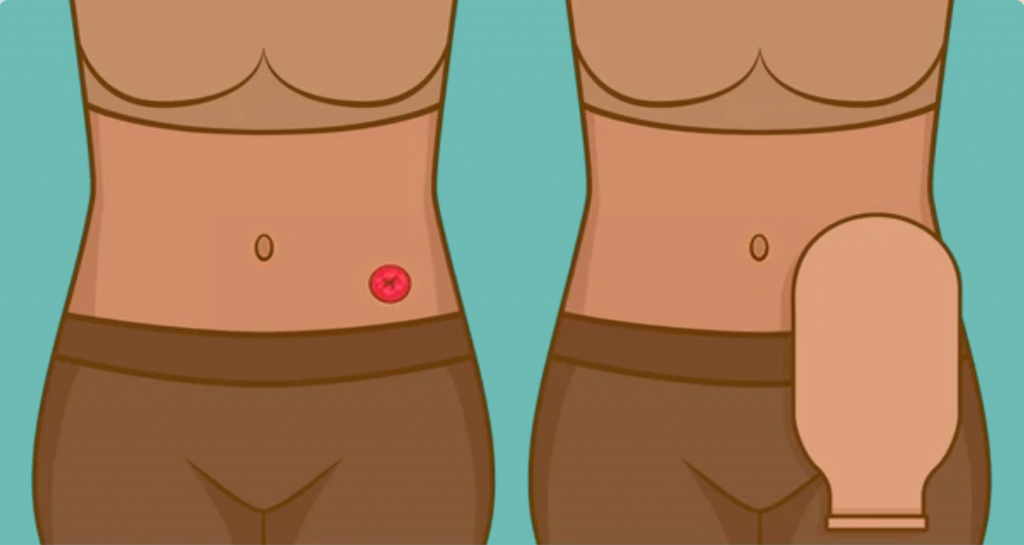
— Ostomy Explained
Regain Control of Your Life
Ostomy—a surgical procedure that creates an alternative pathway for body waste elimination—can be temporary or permanent, depending on your specific medical situation. Whether it’s due to issues with your bladder, colon, or other organs, ostomy provides a viable solution that lets you continue living a fulfilling life.
Understanding Different Ostomy Types
Each year, approximately 100,000 individuals in the U.S. undergo ostomy surgeries—mostly due to colorectal cancer and diverticular disease. The three main types of ostomy are Colostomy (connecting colon to stoma), Ileostomy (connecting the small intestine’s bottom to the stoma), and Urostomy (connecting urine-carrying tubes to the stoma).
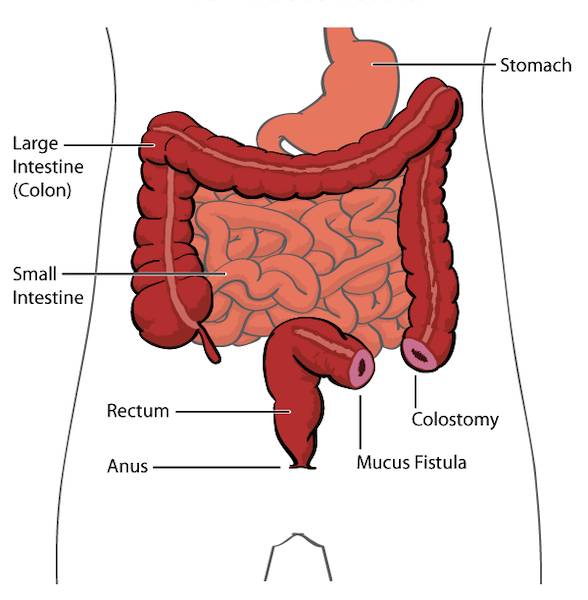
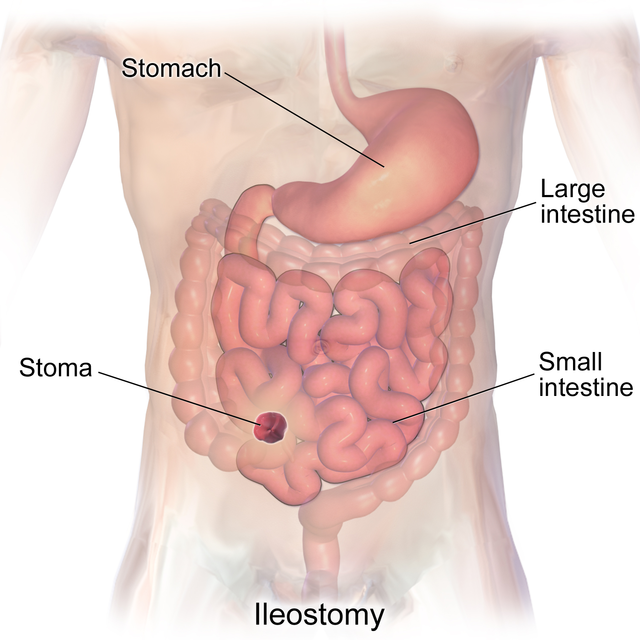
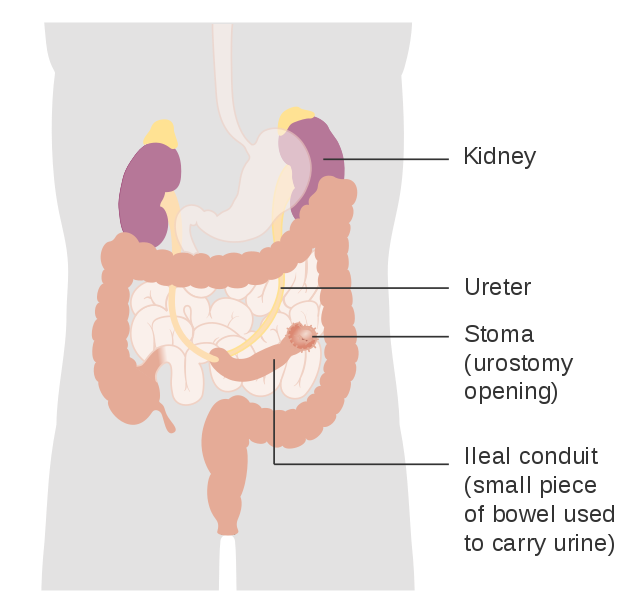
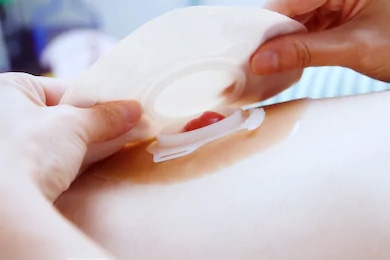
Expert Guidance on Changing a Colostomy Bag
We provide hands-on training on how to change a colostomy bag, ensuring you feel confident and secure in managing your ostomy. Our specialists are always available for any queries or issues you may encounter.
Wound and Ostomy: Comprehensive Care and Support
Your comfort and healing are our top priorities. Our wound and ostomy care specialist provides holistic care—catering to both your physical and emotional needs for a smooth recovery journey.

Exceptional Ostomy Care Management in Central Florida
— Our News
News & Stories
We provide not just assistance, but genuine companionship, ensuring your loved one’s comfort, happiness, and well-being.

Health and Wellness
Featured ATSU Adjunct Faculty Doctor of Physical Therapy
Dr. Nilma Z. Elias Santiago embodies excellence and dedication in her professional pursuits. Her credentials, composed of advanced degrees and specialized certifications in both education and patient care.

Lymphedema Therapy
The Healing Touch of Dr. Nilma Z. Elias Santiago
She sees an opportunity to help and improve even her most hopeless patients’ lives.
Take charge of your health today. Our Central Florida Ostomy Care team is ready to support you.
Request an appointment or an online consultation today and start your personalized ostomy care journey with us.